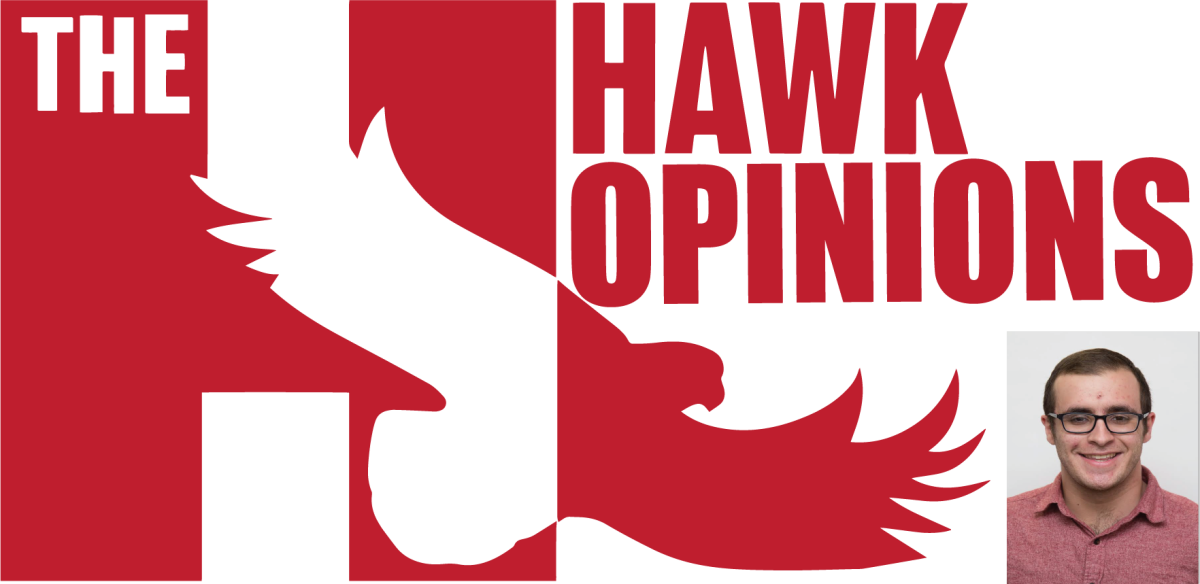What you should know when looking for a job
One of the hardest things to do while still in college is to find a job or an internship. The Career Development Center here at St. Joe’s does a fantastic job of preparing students through its career fair prep, resumé reviews, various workshops and walk-in opportunities. However, I feel there are some things only the experience of the job hunt taught me, and so I will try to pass them along to you.
1. Glassdoor.com is your friend.
Glassdoor is basically the Yelp of looking for a job. You can type in a company and receive reviews of every aspect of that company that you’re looking for: company culture, the advantages and disadvantages of working there, and even what the job might pay you.
I strongly recommend looking at this before or immediately after applying to a position, it will save you the time of going to interview for a job that you actually have no business doing or no desire to do. It will also give you ideas for potential questions to ask an employer as you try to figure out which reviews are on the more honest side, and which reviews are from people who are discontent from their time at the company.
2. Look for more than “a job.”
It’s late April and if you’re reading this article, you might not have a job yet. As you begin to hit a more desperate phase, your standards for the job drop dramatically to the point where you just need a position and don’t care who it’s with or what you’re doing exactly.
This is a recipe for disaster. While you are in a bad situation, don’t screw yourself over further by taking a position that you are going to be miserable doing. Still take the time to really parse through different companies and positions and get a strong idea of what you are getting into.
3. It’s okay to not like your job.
Sometimes it will feel when you ask around to others about their experiences that everyone had a wonderful time at their job or internship over the summer. For some people, that’s absolutely true, but very few people are going to share with you the horrors of the job or the days they really struggled. If you don’t like it, that’s okay. The job may not have met your initial standards, or maybe you realized things about yourself you didn’t even know and that’s okay.
Take the time to learn what you liked about doing the job and what you didn’t like about the job, and then make sure to apply that to your future pursuits. Your opportunities are not set in stone, use them to learn about yourself and what you like and do not like to do.
4. Know yourself and what drives you.
What are you really looking for in a job? Is it career advancement? Solid pay? A great company culture? Whatever it is, find what is most important to you and hold out for it. For me, I really wanted a job in Center City Philadelphia, and I turned down opportunities outside of Philadelphia that didn’t really work for me until I found something I was really excited for.
It is scary to say no and turn things down. The Career Development Center constantly advises students to “step outside their comfort zone,” which does lead to great opportunities sometimes, but your comfort zone is your comfort zone for a reason. If you know yourself, you’ll know what’s right for you.
5. Ask questions.
There are such things as stupid questions, but there are few bad questions to ask a potential employer. Come into any interview with a predetermined list of questions, but also be prepared to listen and question what you are being told. You are a commodity that a company is trying to scoop up and utilize to further their potential. They will put their company in the best possible light possible, just as you are trying to put your best foot forward.
Ask your interviewer about the challenges of the position that you would be facing in the first few months. Ask what they would change about the job. If something sounds suspect, have them explain it. Your suspicions will either be confirmed or put to rest. If something confuses you, don’t be content to walk out of an interview without knowing the answer. Interviewers like when you ask questions; it shows that you are inquisitive and really demonstrates interest by thinking hard about the position.
Knowledge is truly power, and it will help give you the power to find a job that will make you want to get out of bed in the morning.















































